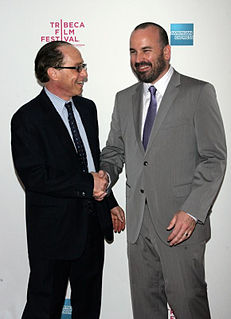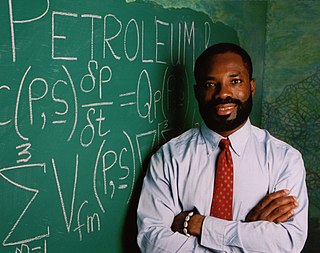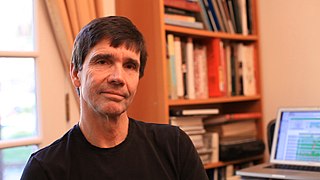A Quote by Geoffrey Hinton
Early AI was mainly based on logic. You're trying to make computers that reason like people. The second route is from biology: You're trying to make computers that can perceive and act and adapt like animals.
Related Quotes
Eventually, we need to have computers that work differently from the way they do today and have for the past 60-plus years. We're capturing and generating increasingly massive amounts of data, but we can't make computers that keep up with it. One of the most promising solutions is to make computers that work more the way brains work.
Everything is being run by computers. Everything is reliant on these computers working. We have become very reliant on Internet, on basic things like electricity, obviously, on computers working. And this really is something which creates completely new problems for us. We must have some way of continuing to work even if computers fail.
At the age of 5, when I was in kindergarten, I often used to pass by the computer labs and see students doing work on computers. I realized that calculation, which would take us a long time to do, can be done in less than a second with the help of computers. So that is how my interest in computers began.
People are trying to build a society where they can talk across the aisle so to speak, and have civil discourse. At the same time we're trying to inform ourselves about what's really true so that we can make evidence based decisions that is better than superstition or rumor. But the fact is that people who use evidence based decision making have much better life outcomes, greater life satisfaction, they live longer, they make better personal and medical decisions, better financial decisions. But parallel to that is you can't reason somebody out of a position they didn't reason themselves into.
If we can make computers more intelligent - and I want to be careful of AI hype - and understand the world and the environment better, it can make life so much better for many of us. Just as the Industrial Revolution freed up a lot of humanity from physical drudgery I think AI has the potential to free up humanity from a lot of the mental drudgery.






































